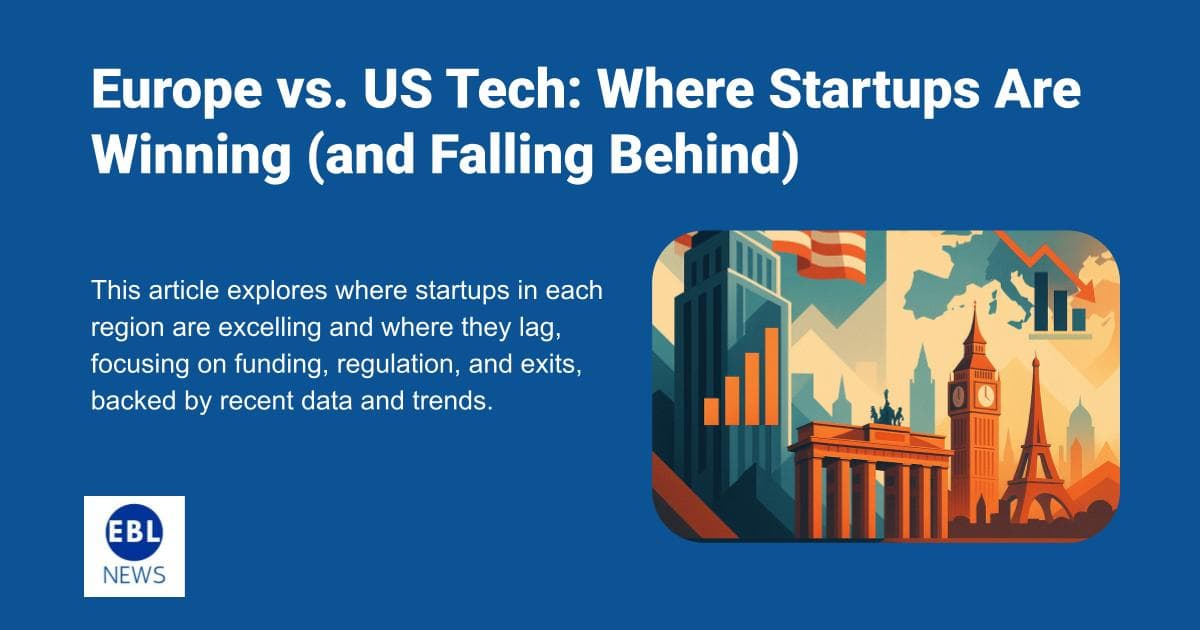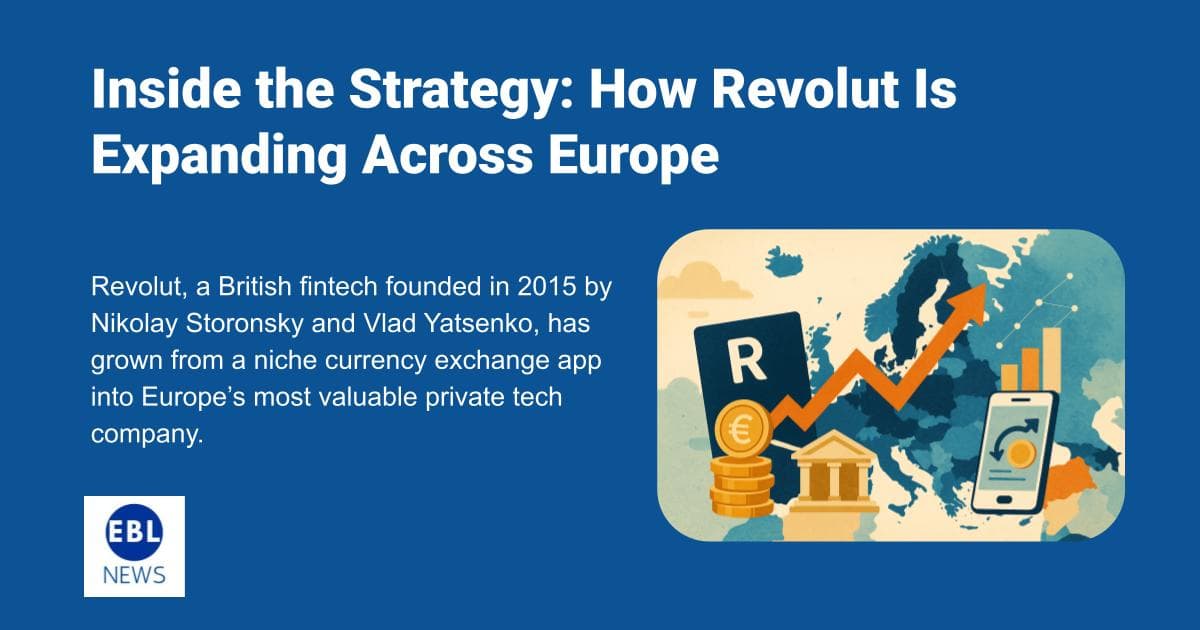In an Era of Volatility, Caution Is the Greater Risk
Across Europe’s boardrooms, a new mindset is taking hold: boldness is no longer optional—it’s a strategic necessity. With markets shifting under the weight of AI transformation, industrial policy, and geopolitical uncertainty, Europe’s top executives are placing long-term bets that could reshape the continent’s economic trajectory.
These moves aren’t driven by hype. They’re rooted in the recognition that staying competitive requires structural change: new technologies, new supply chains, and in many cases, entirely new business models. The boldest leaders aren’t reacting to disruption—they’re engineering it.
Siemens Doubles Down on Software-Led Industrial AI
At Siemens, CEO Roland Busch is leading one of the most ambitious transformations in the company’s 175-year history. Traditionally seen as a hardware and engineering powerhouse, Siemens is pivoting decisively toward AI-native software. Recent multi-billion-euro acquisitions in simulation and scientific R&D software signal a commitment to owning the entire digital industrial stack—from design to deployment.
This is not a brand refresh—it’s a strategic bet on Europe’s ability to lead in industrial AI without relying on hyperscalers. Siemens is building out its Xcelerator platform to integrate AI into every layer of the industrial lifecycle, aiming to serve manufacturers who need both compliance and speed.
Deutsche Telekom Backs AI Sovereignty With Real Infrastructure
In telecom, Deutsche Telekom has emerged as one of Europe’s most assertive corporate actors in AI sovereignty. Its new multilingual large language model—trained entirely on European data and running within EU-based data centers—marks a significant move toward self-sufficiency in foundational AI infrastructure.
This initiative isn’t just technical. It’s symbolic of a broader shift: large incumbents reclaiming strategic control over the technologies that will define customer engagement, enterprise workflows, and security protocols for years to come.
Stellantis Invests in Europe’s Battery Future
In the automotive sector, Stellantis is moving forward with a bold production expansion through Automotive Cells Company (ACC), its joint venture with Mercedes-Benz. Despite market headwinds in EV adoption, Stellantis is pushing ahead with a €1 billion investment to expand its French gigafactory—a clear signal that it sees energy storage as a core long-term differentiator.
This contrasts sharply with recent setbacks across Europe’s battery industry. While some startups and suppliers are slowing down or exiting, Stellantis is leaning in—betting that vertical integration and European-based production will be critical in the next phase of the EV race.
Thales Builds a Cybersecurity Powerhouse
Defense and security giant Thales is making its own future-defining moves—particularly in cybersecurity. The company’s acquisition of U.S.-based Imperva reflects an expanded vision of Thales as a global leader in data protection and enterprise-grade security.
Under CEO Patrice Caine, Thales has positioned itself at the nexus of national defense, private sector resilience, and dual-use digital infrastructure. It’s a long-term view of cybersecurity not as a product category, but as an essential layer of strategic sovereignty—one that Europe cannot afford to outsource.
Schneider Electric Bets on Grid Intelligence
Schneider Electric continues to lead the way in Europe’s energy-tech crossover. With the launch of its unified grid intelligence platform, the company is making a high-conviction move into AI-driven infrastructure orchestration. This isn’t just about smart meters or building automation—it’s about controlling the increasingly complex energy flows of a decarbonizing continent.
Chairman Jean-Pascal Tricoire, now in the final phase of his tenure, has championed this convergence of sustainability, software, and resilience. His successor, Barbara Frei, brings deep automation expertise, signaling Schneider’s continued commitment to grid innovation and digital-first infrastructure.
Strategic Capital Joins the Movement
It’s not only corporations taking bold positions. Europe’s public and private capital is aligning behind the same themes. The European Innovation Council Fund is scaling up investments into frontier tech—from quantum computing to advanced materials—backed by patient capital and sovereign mandates.
Private players are following suit. Index Ventures, one of Europe’s leading venture firms, recently closed over $2 billion in new funds, with significant allocation toward AI infrastructure and compute-heavy innovation. Where risk used to trigger hesitation, it now invites attention—so long as it’s attached to a strategic thesis.
Boldness as a European Imperative
For decades, European business has been shaped by stability, regulation, and long-cycle execution. That model served it well—until it didn’t. In today’s environment, what once looked like prudence now risks irrelevance. Bold bets—on AI, on sovereignty, on decarbonization—are not deviations from strategy; they are the strategy.
From boardrooms in Munich to labs in Paris, a new class of European leaders is showing what it looks like to commit—not to quarterly returns, but to continental relevance. Whether these bets pay off in two years or ten, they signal something unmistakable: Europe is not done leading.
It’s just getting started.





